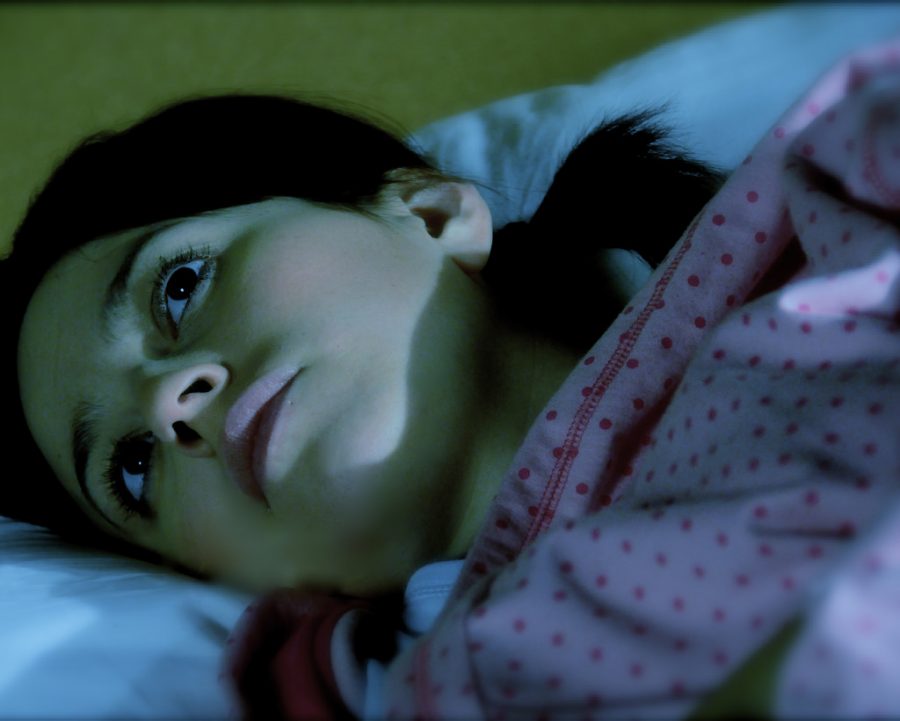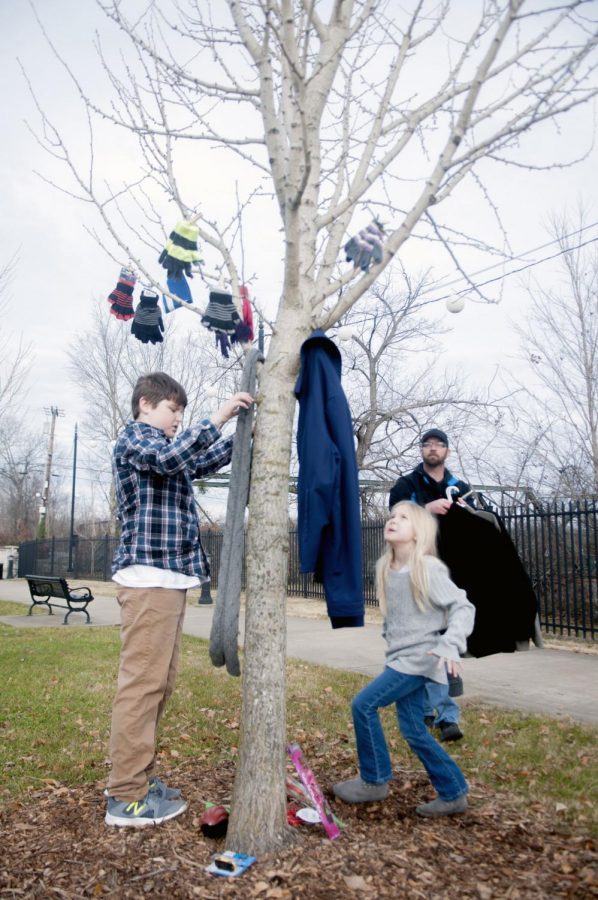Awake in a Nightmare: The Conundrum of Sleep Paralysis
Girl kept up at night due to sleep paralysis.
September 5, 2018
What if you woke up in the middle of your slumber only to find out that you can’t move a single muscle in your body. You see this menacing shadow of this creature who slowly creeps its way near the foot of your bed. The instinct to cry for help came to your mind. Though, not a word came out of your mouth as you screamed. The malicious being strides closer and closer ready to attack. You awaken later at the break of dawn, yet, you knew that it was all just another one of your nightmares.
This occurrence may sound like a scene in a horror film but, in actuality, it’s not. Many people experience this as symptoms of sleep paralysis, a sleep disorder. This is the state of feeling conscious but, you are immobilized. It’s kind of like being paralyzed while you feel as if you’re awake, but not at the same time, hence the name sleep paralysis. It usually occurs when a person progresses between the stages of being awake and asleep. Throughout the whole transition between falling asleep or waking up, a person may be experiencing the lack of ability to move or speak in the duration of a couple of seconds or minutes. A number of people may also encounter the feeling of pressure on their chest or the perception of choking when in the stage of sleep paralysis.
There are two types of sleep paralysis that may occur at different times. For example, hypnagogic or predormital sleep paralysis occurs while you fall asleep. However, hypnopompic or postdormital sleep paralysis occurs while you are waking up.
Most people associate sleep paralysis with the presence of demons and/or ghosts. Many sleep paralysis stories are often told with the presence of some sort of evil shadowy creature who scares or attacks helpless people at night. There are countless encounters where people who’ve had sleep paralysis have seen these shadow-like creatures try to hurt them. Which engages the feeling of terror along with the sleep paralysis.
People have yet to know the explanations as to why these occurrences and symptoms of sleep paralysis may happen. Although, it is not a serious medical problem one can experience it as something born from their own psychiatric disorders. Sleep paralysis remains a sleep disorder that affects about 8% of the general population today.


